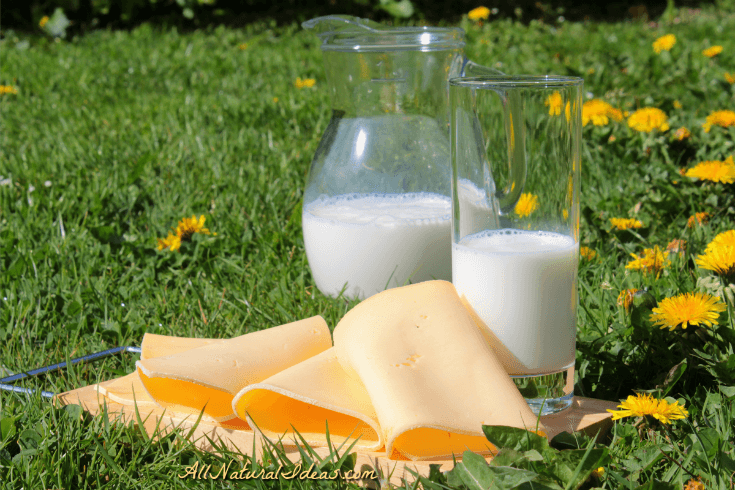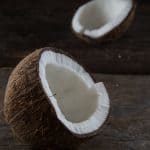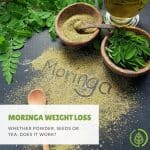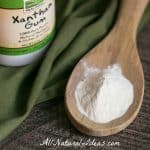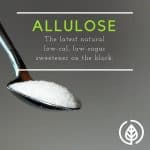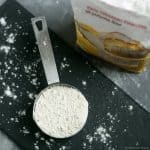There’s a lot of confusion about dairy and your health. Is dairy good for you? Or, are dairy products bad for you? Let’s examine some of the facts.
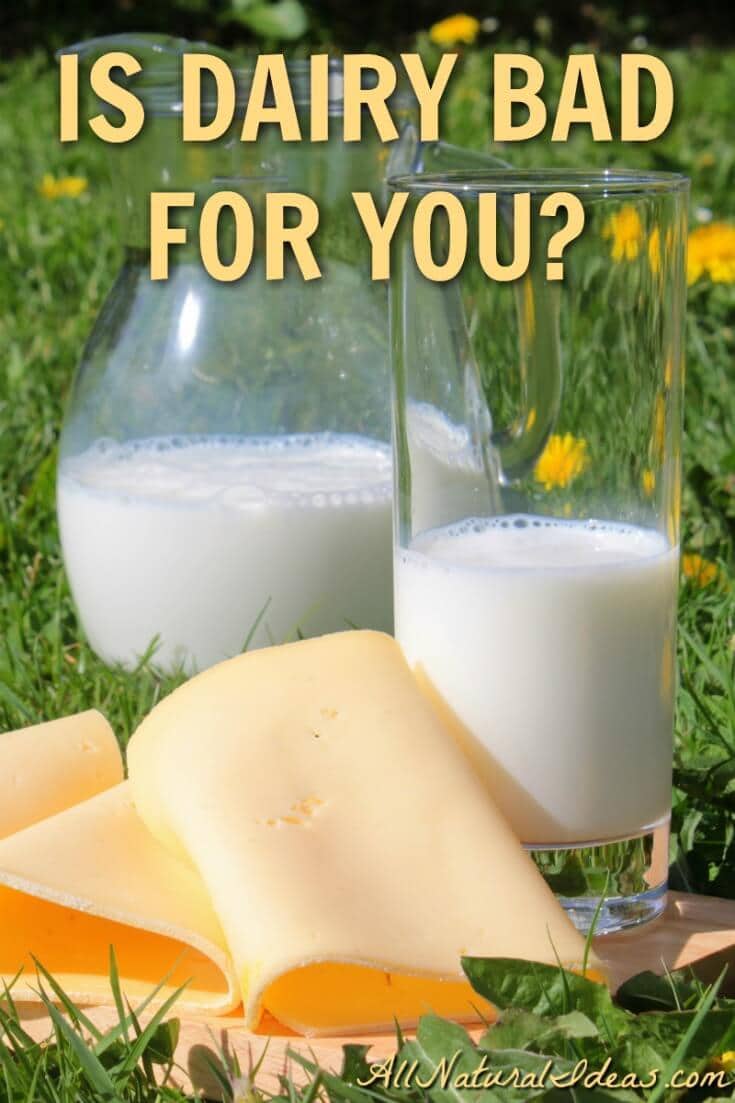
It goes without saying that ice cream is super delicious. So, too, are other dairy products including yogurt and cheese and pizza. But are dairy products bad for you? Do they really cause cancer? Let’s take a look at what some of the research says.
Milk and dairy products are one of the most consumed types of foods on the planet. The Food & Agriculture Organization (FAO) estimates that almost 15% of consumed calories come from dairy products, in developed countries. FAO stats reveal the average person consumes 100 liters of milk per year, and 784 million tons of cow’s milk was produced in 2013. (SOURCE)
That’s a lot of milk! So, is dairy good for you? To answer this question, we need to determine if dairy products are healthy or not.
Most people are aware of the fact that some large-scale dairy operations use antibiotics or growth hormones to treat the dairy cows. Dairy products from these cows administered bovine growth hormone or antibiotics have been blamed for causing allergies, early onset puberty in girls, and even cancer.
But dairy products have been a primary source of nutrition for eons. Of course, mass-scale, factory farming is a relatively new practice. Our ancestors who existed before the advent of factory farming enjoyed some of the following nutritional benefits of milk:
- Contains protein, including casein, which helps with calcium absorption and blood pressure normalization
- Vitamin B2- and B12-rich
- Calcium-rich
- High in Phosphorous
- Contains essential fatty acids, including a small amount of Omega-3’s
Nearly every traditional culture with a rich history of cattle domestication drank milk for its myriad health benefits. And, modern milk is usually fortified with Vitamin D, in which many people are deficient.
Do Dairy Products Cause Cancer?
Based on the above, the answer to the question, “Is dairy good for you,” suggests the answer is “yes.” But, some research suggests that heavy milk consumption is associated with a higher risk of prostate cancer. On the other hand, some research, concludes populations with high milk consumption has a lower risk for colon cancer.
A meta-analysis of meat and dairy intake studies was published in the American Journal of Clinical Nutrition. The World Cancer Research Fund and American Institute for Cancer Research (WCRF/AICR) report concluded drinking milk may be good to prevent colorectal cancer but there’s a higher risk of prostate cancer. And, the report showed there’s some evidence drinking milk causes bladder cancer but not enough evidence it causes other cancers.
This WCRF/AICR report was published in 2007. Since then, there have been several other studies. But a review of these more current studies, claims, “associations between cancer risk and intake of milk and dairy products have been examined only in a small number of cohort studies, and data are inconsistent or lacking.” This review also concluded, “two [studies] show an inverse association between intake of cultured dairy products and bladder cancer.”
In other words, researchers still aren’t sure about the link between dairy and cancer. But at least two studies have shown that cultured dairy products reduce the risk of bladder cancer.
Which brings us to the next variable in the dairy products debate: pasteurized vs. unpasteurized dairy.

Are Raw Dairy Products Healthy?
There’s more to the question, “Is dairy good for you?” One of the big things to consider is whether the dairy product has been pasteurized.
Many natural health advocates believe raw (unpasteurized) dairy products are healthier than pasteurized dairy products. Pasteurization was invented in 1864. Back then, refrigeration was mostly an alien concept. Harmful bacteria in the absence of refrigeration was easily able to proliferate in dairy products, causing illness or even death.
Pasteurization, despite the ubiquity of refrigeration, remains prevalent. Pasteurization doesn’t destroy all of the nutrition found in dairy products. However, the antibacterial process does kill nearly all microorganisms, both good and bad bugs. Think of pasteurization as a nuclear bomb, killing virtually all the living bacteria in milk.
Dairy Products: Good for the Gut?
People who believe raw dairy products are healthy claim the beneficial bacteria found in unpasteurized dairy products can help improve immunity. This is because 80 percent of the human immune system is located in the microbiome, which is the trillions of bacteria, both good and bad, that reside in the gut.
It’s obviously better to have more good bacteria than bad. Raw dairy products contain billions of colony-forming-units of good bacteria. Because of this, they are considered healthy by many proponents of traditional foods.
However, to this point, studies proving raw dairy products are healthy are very limited. Mainstream medical institutions and federal government agencies commonly oppose the consumption of raw dairy products for fear of illness or death from harmful microbes. (The influence of the conventional dairy industry in state and federal government also is a factor in raw dairy legislation.)
Researchers from Johns Hopkins University prepared a review of raw milk for the state of Maryland’s House of Delegates. The researchers concluded, “Based on our review of the scientific evidence, we conclude that drinking raw milk carries an increased risk of foodborne illness as compared to drinking pasteurized milk.”
But advocates for raw dairy products, who run the website, RealMilk.com, claim this research concludes, “on a per-serving basis, deli meats are ten times more likely to cause food-borne illness than raw milk.”
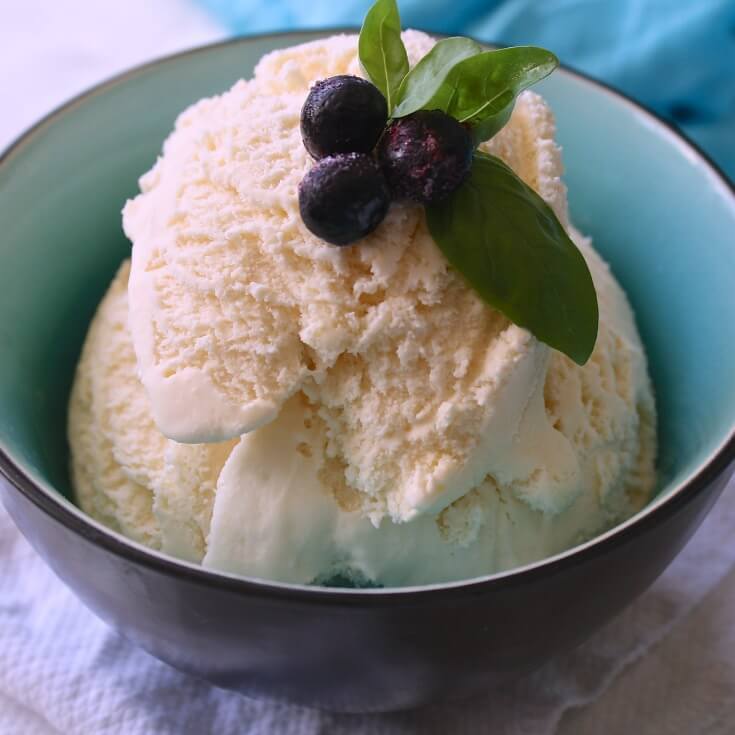
Is Dairy Good for You: Government’s Opinion
You won’t see Johns Hopkins researchers, though, prepare a report urging the state of Maryland to recommend banning the sale of deli meats. The researchers from Hopkins did find a benefit of raw milk in their report for the Maryland House of Delegates. The state is still debating on whether or not to allow the sale of raw milk.
(Maryland is one of nine states to not allow the sale of raw milk in any form [other than raw pet milk], whether retail or through co-op/cow share.)
“We identified several articles that detected a relationship between drinking raw milk and reduced allergies among rural children and infants.”
However, the researchers wrote the underlying cause for this relationship has not been identified. The researchers also found some articles noted nutritional deficiencies in pasteurized milk, “but these [deficiencies] can be overcome by eating a well-balanced diet.”
(It seems that the Hopkins researchers overlooked these five studies, which demonstrate a clear relationship between raw dairy consumption and reduced asthma or allergy symptoms.)
The Hopkins researchers concluded in their review, that there’s no evidence of the potential benefits of consuming raw milk that outweigh the known health risks. “Based on our findings, we discourage the consumption of raw milk. The risks of consuming raw milk instead of pasteurized milk are well established in the scientific literature, and in some cases can have severe or even fatal consequences.”
According to research by Dr. Ted Beals, a raw dairy advocate, an average of only 42 people per year got sick from drinking raw milk. You are 35,000 times more likely to get sick from consuming another type of food, according to the traditional food advocacy non-profit, Weston A. Price Foundation.
Other Health Benefits of Raw Dairy
When looking to determine is dairy good for you, it’s inevitable to find a lot of benefits to milk. However, many of these benefits are with
Raw dairy advocates claim other benefits of consuming unpasteurized dairy products, other than colonizing the gut with beneficial “good” bacteria, which may boost immunity. These benefits of raw dairy products, some of which are anecdotal and not proven by science, include:
- Prevents asthma
- Prevents allergies or mitigates their severity
- Encourages weight loss
- Prevents osteoporosis
- Prevents arthritis
- Easier to digest
- Enables small farmers to make a living
Raw dairy products and fermented dairy products are increasingly becoming more popular. This may be the case because the importance of maintaining a healthy gut microflora population is now emphasized in mainstream media.
The above-mentioned review of dairy products in the Journal of the American College of Nutrition, thus concluded, “The influence of live microbes in fermented dairy products and certain cheeses on the human gut microbiome and immune function is a growing area of study.”
Issues with Lactose and Casein
If you have have trouble with milk proteins, you can easily determine is dairy good for you. Obviously, if it gives you distress, it isn’t good for you.
A lot of people have trouble digesting lactose. Even those who don’t show a noticeable sensitivity to milk feel better when lactose is eliminated.
It’s estimated that 75% of the world’s population is lactose intolerant. In fact, it’s normal for humans to stop producing lactase after weaning from breast milk as a child.
Lactase is what allows lactose to be properly digested. Some actually believe being lactase deficient adults are normal. And, those who are able to retain lactase may have an inherited genetic defect. Other mammals do not drink the milk of any kind after weaning. So, why do humans do it?
A large portion of the protein in milk is casein. There are two common types in dairy, A1 and A2 beta casein. The A1 casein has shown to cause health issues and disease like type 1 diabetes, heart disease, and autism.
Therefore, those who consume dairy should be sure that it comes from a source with little or no A1. Unfortunately, the most common sources of milk sold in the US and Europe comes from cows with higher levels of A1 in their milk.
It should be noted that the evidence is not strong against A2 and more research is needed. However, if you do consume dairy products, you may want to purchase those made from milk with little or no A1.
Is dairy good for you? Conclusion:
The Journal of the American College of Nutrition review summarized the dairy debate: “Dairy products are a complex group of foods and composition varies by region, which makes evaluation of their association with disease risk difficult.”
An even more succinct answer to the “is dairy good for you?” debate: it depends.
